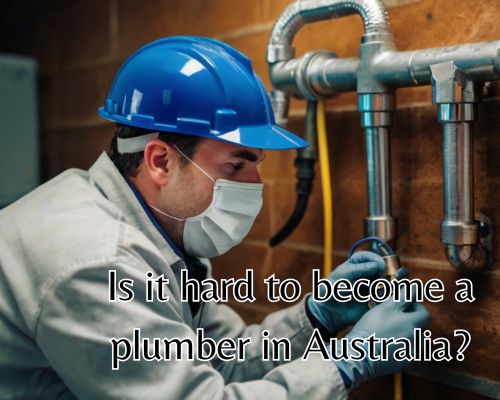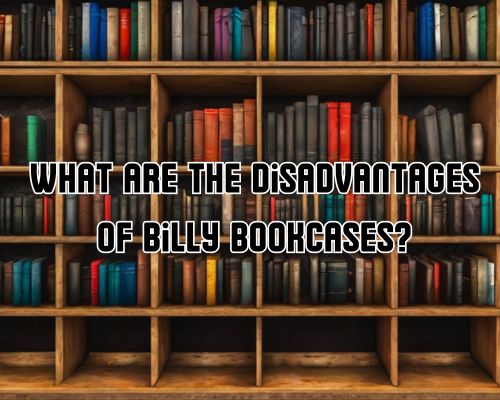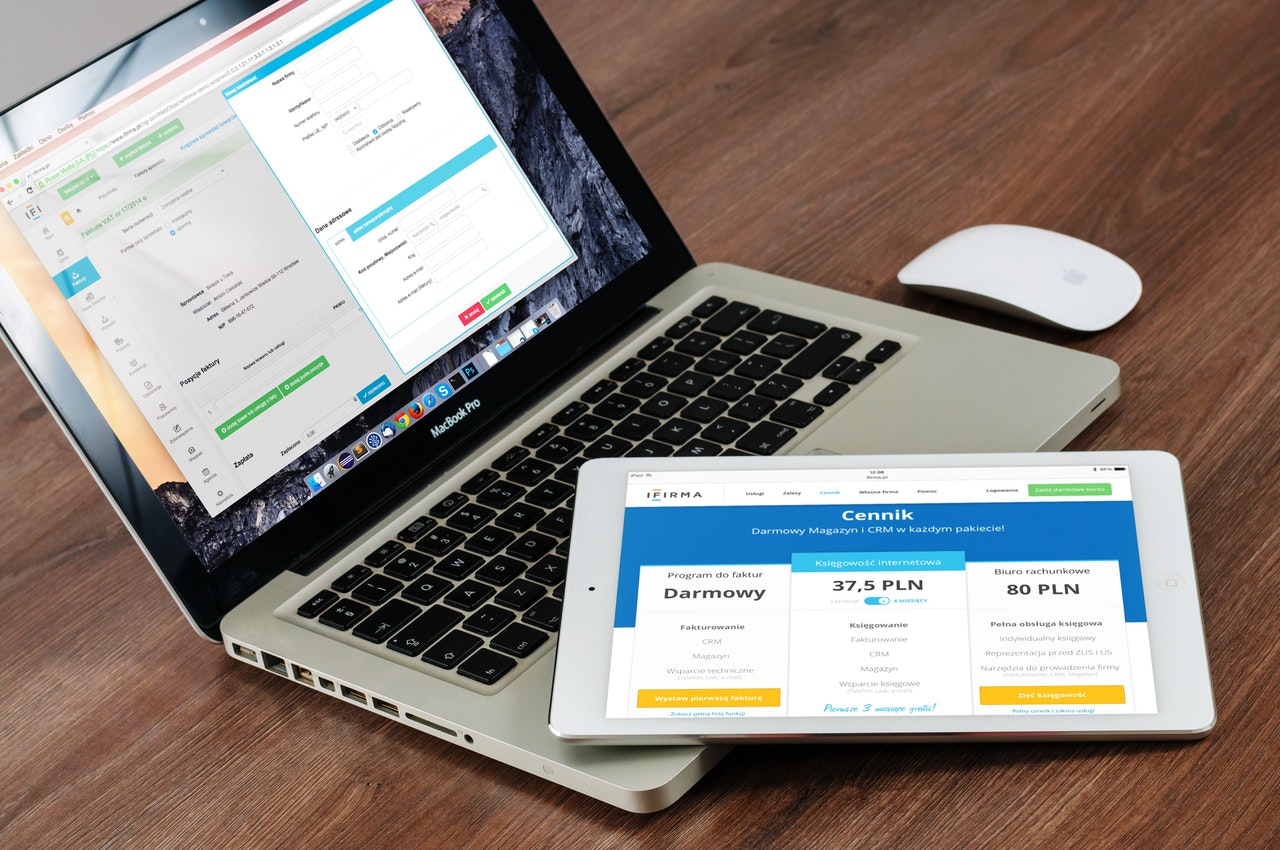
Is It Hard to Become a Plumber in Australia? A Deep Dive into the Pathway, Challenges, and Opportunities in Victoria
When considering a skilled trade, many Australians ask: “Is it hard to become a plumber in Australia?” In states like Victoria, where building booms and infrastructure upgrades continue to rise, plumbing remains a lucrative and in-demand profession. Yet, while the rewards can be significant, the journey to becoming a licensed plumber isn’t necessarily straightforward. With Plumber Warragul, we’ll break down the steps, challenges, and local context to give aspiring plumbers in Victoria a realistic roadmap.

🔧 Understanding the Role: What Do Plumbers Actually Do in Victoria?
Plumbers in Australia, particularly in Victoria, perform a wide range of critical services — from installing and maintaining water supply systems and drainage, to gas fitting, roofing, and even fire protection systems. It’s far more complex than just “fixing pipes.”
Salient Tasks Include:
- Reading blueprints and technical drawings
- Installing and repairing water and gas lines
- Assembling pipe sections using welding or threading equipment
- Ensuring compliance with Victorian Building Authority (VBA) standards
- Handling emergencies like leaks, clogs, and system malfunctions
These duties highlight the technical expertise and legal accountability required in the profession, especially under the Plumbing Regulations 2018 (Vic).
🛠️ Is It Hard to Become a Plumber in Australia?
Short answer? Yes — but not impossible. The process involves years of structured education, on-the-job training, exams, and licensing. Let’s break it down.
📚 Step-by-Step Path to Becoming a Plumber in Victoria
1. Pre-Apprenticeship (Certificate II in Plumbing – 22569VIC)
Many Victorian TAFEs (Technical and Further Education institutions) offer this Certificate II course, which introduces the basics of the trade and improves the chances of securing an apprenticeship. Think of it as the “entry ticket.”
⏳ Duration: 3–4 months (full-time)
📍 Providers: Box Hill Institute, Holmesglen, The Gordon in Geelong
This isn’t mandatory, but in a competitive job market like Melbourne or Ballarat, it gives candidates a serious edge.
2. Plumbing Apprenticeship (Certificate III in Plumbing – CPC32420)
Once you’ve got your foot in the door, the real training begins. This 4-year apprenticeship combines classroom learning with practical experience under a licensed plumber.
📚 You’ll study:
- Sanitary and drainage systems
- Water and gas services
- Roofing
- Sustainability practices
- Occupational Health and Safety (OHS)
💼 On-site Learning: Apprentices are typically employed by plumbing businesses across Victoria — from metro areas like Melbourne to regional centers such as Shepparton or Bendigo.
3. Licensing and Registration through the VBA
In Victoria, practicing plumbing legally requires registration with the Victorian Building Authority (VBA). Depending on your scope, you may need a license for:
- Water supply
- Gas fitting
- Drainage
- Roofing (stormwater)
- Mechanical services
✅ You must pass a practical skills test and written exam to be licensed. The VBA is known for its rigorous assessments, so preparation is key.
🧱 Challenges Along the Way
So yes, it is hard to become a plumber in Australia — especially in a regulated market like Victoria. But what specifically makes the journey challenging?
📈 1. Academic and Physical Demands
- Plumbing isn’t just physical labor — it also involves math, problem-solving, and regulatory knowledge. Apprentices must stay on top of evolving codes, environmental standards, and local laws.
- Physically, the job demands strength, stamina, and resilience — you’ll be working in confined spaces, on rooftops, and under homes.
💰 2. Financial Hurdles
- Apprentice wages are typically low, especially in the early years. In Victoria, a first-year plumbing apprentice might earn around $400–$600/week, depending on age and award entitlements.
- Tools, TAFE fees, and PPE (personal protective equipment) add to the upfront costs.
🔄 3. Competitive Entry
In cities like Melbourne, landing a plumbing apprenticeship can be tough due to high demand. Many hopefuls compete for limited slots offered by Master Plumbers, local businesses, or government infrastructure projects.
📍 Localised Outlook: Plumbing in Victoria
🧰 Industry Growth in Victoria
Victoria’s population growth and housing demand (especially in Melbourne’s western suburbs, Geelong, and Latrobe Valley) continue to fuel construction — and that means more plumbing jobs.
💡 According to Jobs and Skills Australia, plumbing is considered a skills shortage occupation, especially in regional Victoria. This gives new plumbers an advantage once qualified.
Visit Plumber Warragul for more.
📉 Dropout Rates Reflect Difficulty
Roughly 30% of plumbing apprentices in Australia do not complete their apprenticeships — a stat that underscores how challenging the journey can be.
💸 Is It Worth It?
Absolutely — if you push through the learning curve.
⚖️ Earning Potential in Victoria:
- Apprentice (1st Year): $20–$25/hour (plus super, according to the Plumbing and Fire Sprinklers Award 2020)
- Qualified Plumber: $40–$60/hour depending on specialization and region
- Self-Employed Plumber: Can earn $100,000+ annually with business savvy and a steady client base
LSI keywords like “licensed plumber salary,” “plumbing apprentice wages,” and “Victorian plumbing license” help reinforce the economic relevance of the career.
🚿 Specialisations to Consider in Victoria
Once licensed, many plumbers in Victoria specialise further:
- Gas fitting (particularly regulated in Victoria)
- Roofing and stormwater systems (in demand in flood-prone regions)
- Mechanical services (commercial HVAC and fire systems)
- Sustainable plumbing (e.g., greywater and rainwater systems, popular in eco-conscious areas like Torquay and Daylesford)
🌟 Final Verdict: Is It Hard to Become a Plumber in Australia?
Yes — becoming a plumber in Australia, especially in Victoria, requires dedication, training, and resilience. But with strong demand, excellent earning potential, and the satisfaction of mastering a vital trade, the effort pays off. Whether you’re in bustling Melbourne, growing Ballarat, or rural Gippsland, the plumbing path offers both challenges and rewards.
And once you’re licensed? You’re not just unclogging drains — you’re shaping the very infrastructure of Australia’s future.




